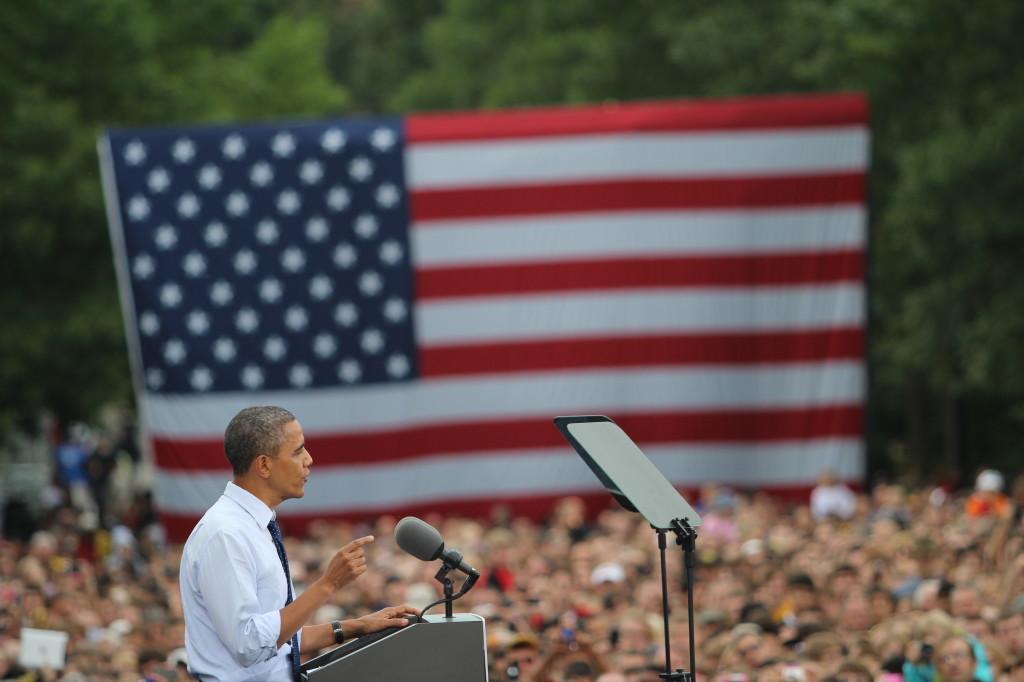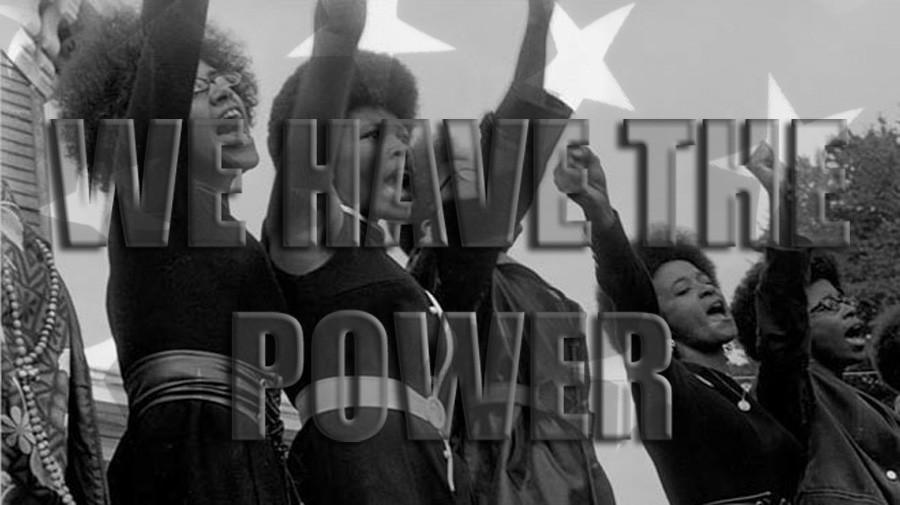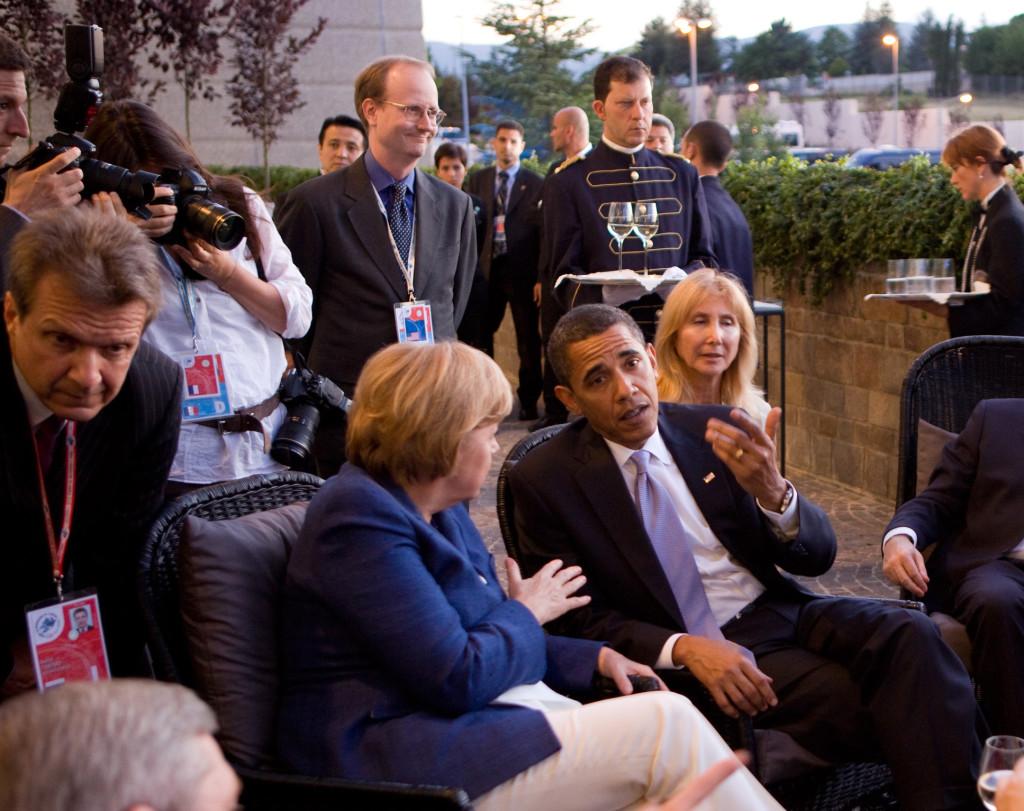 When Barack Obama was first elected to the presidency most City High students were still in elementary school. Since then they have changed and aged. The same thing has happened to president Obama.
When Barack Obama was first elected to the presidency most City High students were still in elementary school. Since then they have changed and aged. The same thing has happened to president Obama.
The change is dramatic: a man determined to change Washington has been changed by it.
Are U.S. Congressmen and Congresswomen terrorists and kidnappers?
That is exactly how our White House and our President views them.
“What we’re not for is negotiating with people with a bomb strapped to their chest,” White House Senior Adviser Dan Pfeiffer said on September 24th in an interview with CNN.
Is this the kind of language invoked by Obama’s 2004 message of Post-Partisanship?
“There’s not a liberal America and a conservative America; there’s the United States of America,” Barack Obama said on July 17th, 2004 in Boston, Massachusetts.
Nine years later, the message Obama is portraying runs under pure party lines. He doesn’t want to talk to of certain members of Congress. He doesn’t want to deal with certain members of Congress. He doesn’t want to work with certain members of congress.
“The House Republicans in particular, don’t get to demand ransom,” Barack Obama said on October 8th, 2013.
But House Republicans are not demanding ransom. They just want the president to come to the table and negotiate. But instead they are just being asked to surrender.
“The president’s position that, ‘Listen, we’re not going to sit down and talk to you until you surrender,’ is just not sustainable,” Speaker of the House Congressman John Boehner said. “It’s not our system of government.”
Our system of government is based on a system of checks and balances with three equally powerful branches. When one or both refuse to work within the system the system fails. The Republicans themselves are not being very tactical. But Obama refuses to negotiate.
In 2008 Obama ran on a message of hope and change. Today he is directly resting change at any levels.
Instead of trying to fix the many problems facing our country, Obama is just demanding that Republicans pass a “clean” continuing resolution that funds the Government with no changes and pass a raise in the debt ceiling. Once that happens Obama says he [maybe] will come to the table.
It we were to continue using the President’s hostage metaphor, that is akin to police demanding that the hostages be let go and the kidnappers give up their full identities. Once that happens the police will maybe talk about the ransom. Realistic? No.
Back in 2008, Obama wanted to change the way Washington and America worked.
“It’s time for us to change America,” 2008 Obama Said.
However, The only changes the president has brought to America a government shutdown and debt crisis. When Barack Obama was here in Iowa City last year he similar but different ideas.
“Everybody should play by the same rules,” President Obama, September 7th 2012.”Including Washington D.C. ”
But is he playing by the same rules?
On Thursday, October 10, there were whispers of an offer and a possible deal. The Republicans had offered six-week raise in the debt limit in exchange for an actual conversation over spending and the Debt. Jay Carney, The White House Press Secretary, said that the President would sign a deal. Later in the day the New York Times reported that senior level White House officials said the President would not in fact sign such a deal in order to avert a shutdown.
Instead of signing a deal and ending the imminent threat of default calming markets and help the American people, in exchange for negotiations. Obama has decided to play chicken with the full faith and credit of the U.S. Government-something he is required to do under the 14th Amendment to the Constitution. Obama is doing the opposite of what he promised in 2008.
When Barack Obama was here in Iowa City last year he wanted
“The change we need doesn’t come from Washington,” President Obama said at the Democratic National Convention in 2008. “Change comes to Washington.”
However President Obama has not changed Washington; Washington has changed President Obama.
This is Week Two of a weekly opinion column by Edgar Thornton called the Current.































